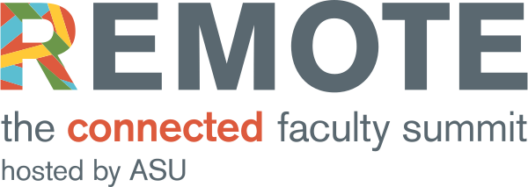This video was part of the July 2021 REMOTE: The Connected Faculty Summit
Much of what Anthony shares begins with a single set of facts. Since the eighties, postsecondary education and training have become the most well-traveled pathway to economic and societal success. Yet, because of its new prominence in American life, higher education has also become the capstone in an education system that ensures the intergenerational reproduction of race and class privilege.
The immediate future of higher education will be determined by two relatively certain forces and several wild cards in the change game. The relative certainties are demography and economic recovery. The wild cards include:
Anthony P. Carnevale
Founder and Director, Center on Education And The Workforce | Georgetown University
Anthony Carnevale is the Director of the Georgetown University Center on Education and the Workforce. He has held this position since 2000. Carnevale is also a research professor at the University.
Carnevale is recognized internationally as an authority on education training and employment. He has served as Vice-President for Public Leadership at the Educational Testing Service, where he was appointed by President George Bush to serve on the White House Commission on Technology and Adult Education.
He also served as the Director of Human Resource and Employment Studies at the Committee for Economic Development , the nation’s oldest business-sponsored policy research organization. Here, he was appointed by President Clinton to Chair the National Commission on Employment Policy.

